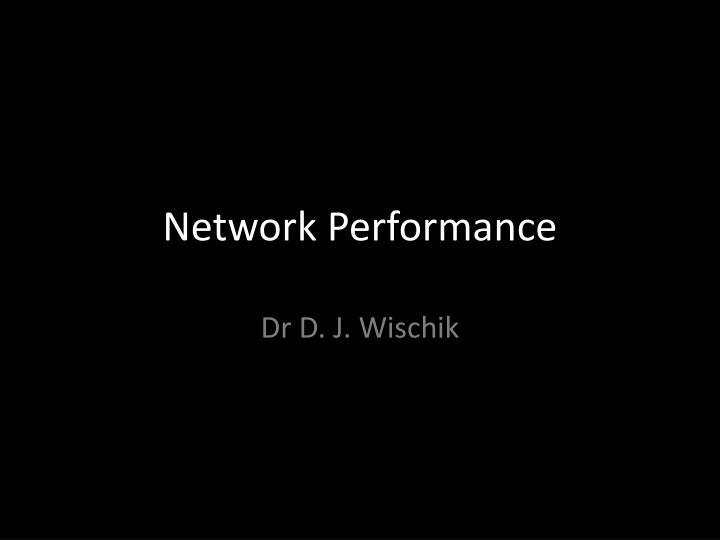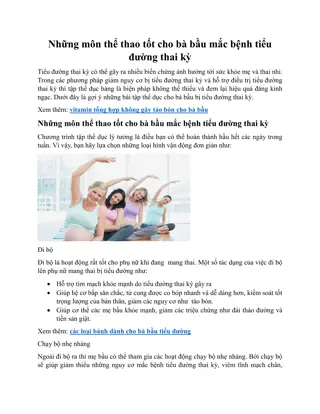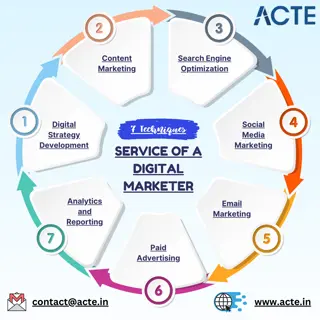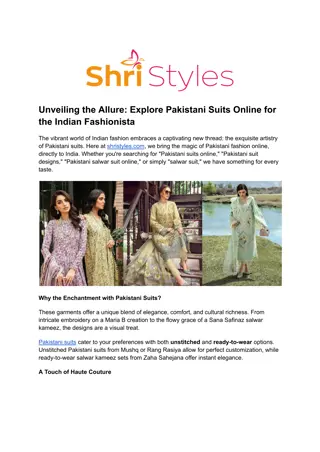Unveiling the Interconnected World
Delve into the profound impact of networks on society, design aesthetics, and human relationships in the digital age. Explore the evolution of information systems and the nuanced perspectives shared by Dr. J. Wischik, Zadie Smith, and Aaron Sorkin. Discover how data, APIs, and communications networks are reshaping our lives and the potential for societal transformation in the era of big data.
Download Presentation

Please find below an Image/Link to download the presentation.
The content on the website is provided AS IS for your information and personal use only. It may not be sold, licensed, or shared on other websites without obtaining consent from the author.If you encounter any issues during the download, it is possible that the publisher has removed the file from their server.
You are allowed to download the files provided on this website for personal or commercial use, subject to the condition that they are used lawfully. All files are the property of their respective owners.
The content on the website is provided AS IS for your information and personal use only. It may not be sold, licensed, or shared on other websites without obtaining consent from the author.
E N D
Presentation Transcript
Network Performance Dr D. J. Wischik
programmed (dumb consumers)
Be an expert in the aesthetics and psychology of design. Data is smarter than algorithms. The smartest data is about how things relate to each other, i.e. about networks. Learn to listen to data. Turn the richness of the world into APIs. Never ever do repetitive tasks on the computer.
Zadie Smiths comments on You are not a gadget: a manifesto by Jaron Lanier in the New York Review of Books Information systems , he writes, need to have information in order to run, but information underrepresents reality . In Lanier s view, there is no perfect computer analogue for what we call a person . In life, we all profess to know this, but when we get online it becomes easy to forget. In Facebook, as it is with other online social networks, life is turned into a database, and this is a degradation, Lanier argues, which is based on [a] philosophical mistake the belief that computers can presently represent human thought or human relationships. These are things computers cannot currently do.
Zadie Smiths review of The social network , screenplay by Aaron Sorkin, in the New York Review of Books Watching this movie, even though you know Sorkin wants your disapproval, you can t help feel a little swell of pride in this 2.0 generation. They ve spent a decade being berated for not making the right sorts of paintings or novels or music or politics. Turns out the brightest 2.0 kids have been doing something else extraordinary. They ve been making a world.
What does this have to do with you? `How everything is related to everything else is too big a problem. The most interesting tractable network in the world today is the Internet. Let s hone our tools by working out how it works. Communications networks and big data will change society as fundamentally as the invention of agriculture or the industrial revolution. This change has barely begun. Be part of it. The UCL networks group is above all a systems research group. Learn from us how to be systems builders.























